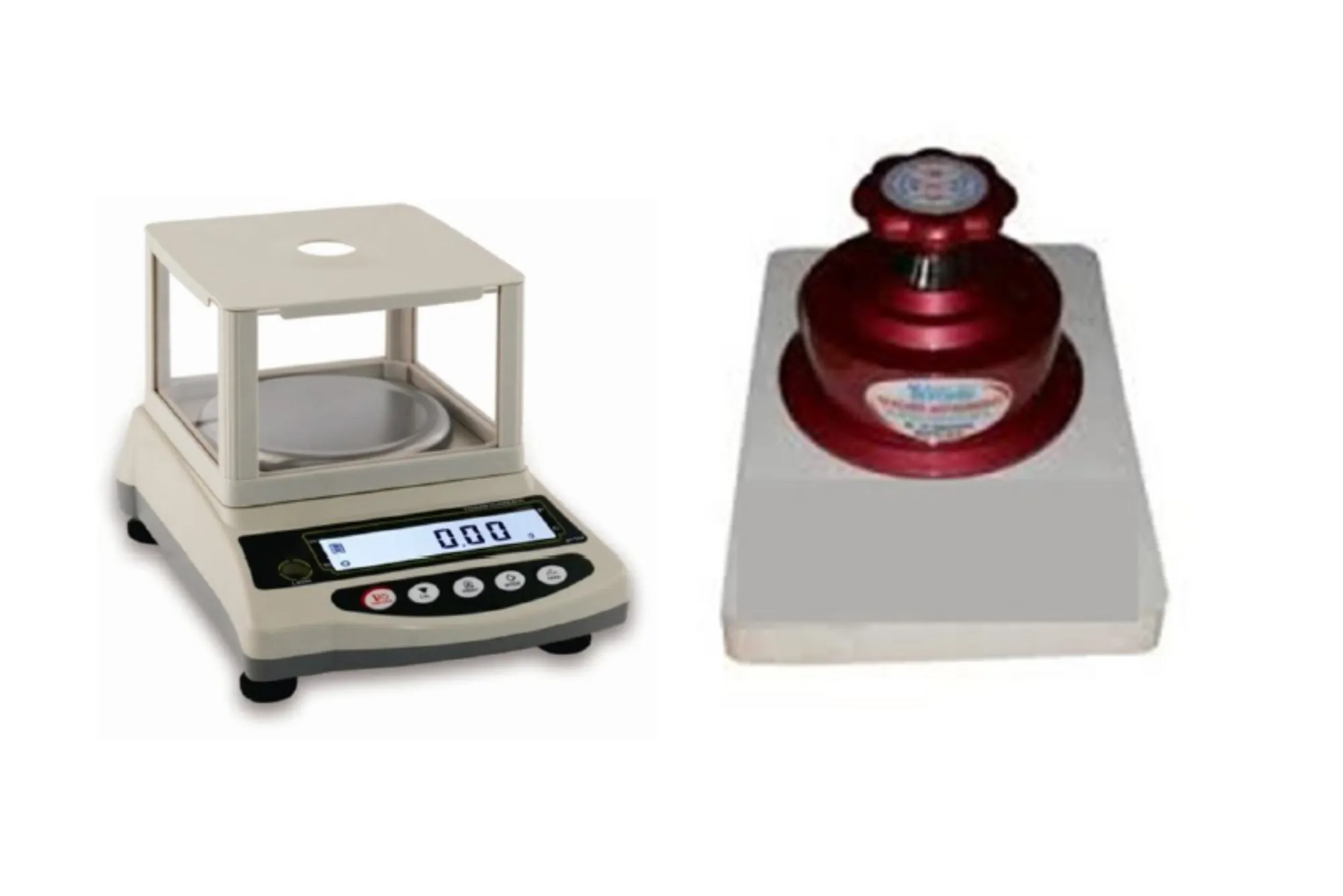In the realm of rehabilitation, hand therapists play a crucial role in assisting individuals in regaining functionality and mobility in their hands. These skilled professionals possess specialized expertise in treating a variety of conditions affecting the hands, wrists, and upper extremities. Let’s delve into the world of hand therapy and explore the essential role these therapists play in aiding patients on their journey to recovery.
Understanding Hand Therapy
Hand therapy is a specialized area of rehabilitation that focuses on the treatment of conditions affecting the hands and upper extremities. It encompasses a range of techniques and interventions aimed at improving the function and mobility of the hands, fingers, wrists, and elbows. Hand therapists are highly trained professionals who possess a deep understanding of the anatomy and biomechanics of the upper extremities, allowing them to provide targeted and effective treatment.
The Role of Hand Therapists
Hand therapists play a multifaceted role in the rehabilitation process. They work closely with patients to assess their specific needs and develop customized treatment plans to address their unique challenges. From providing therapeutic exercises and manual techniques to fabricating custom splints and orthoses, hand therapists employ a variety of strategies to promote recovery and improve function.
Specialized Skills
One of the hallmarks of hand therapy is its focus on specialized skills and techniques tailored to the unique needs of each patient. Hand therapists undergo extensive training in areas such as orthopedics, neurology, and biomechanics to equip them with the knowledge and skills necessary to address a wide range of conditions affecting the hands and upper extremities.
Conditions Treated
Hand therapists are equipped to treat a variety of conditions affecting the hands and upper extremities. These may include fractures, tendon injuries, nerve compressions, arthritis, and conditions such as carpal tunnel syndrome and trigger finger. By employing a combination of therapeutic interventions, hand therapists help patients regain strength, mobility, and function in their hands, enabling them to resume their daily activities with greater ease and confidence.
The Importance of Hand Therapy
The hands play a critical role in performing everyday tasks, from simple actions like gripping and grasping to more complex activities requiring fine motor skills and dexterity. When the hands are affected by injury or dysfunction, it can have a significant impact on a person’s quality of life. Hand therapy aims to address these issues and empower patients to regain independence and functionality in their daily lives.
Hand oam the therapists are invaluable members of the rehabilitation team, providing essential care and support to individuals recovering from injuries and conditions affecting the hands and upper extremities. Their specialized skills and expertise enable them to tailor treatment plans to meet the unique needs of each patient, facilitating optimal outcomes and improved quality of life. Through their dedication and commitment, hand therapists play a vital role in helping patients regain function, mobility, and independence in their daily lives.
This article has provided an overview of the role of hand therapists in rehabilitation, highlighting their specialized skills, the conditions they treat, and the importance of hand therapy in promoting recovery. By understanding the critical role that hand therapists play in the rehabilitation process, we can better appreciate the impact of their work on the lives of individuals recovering from hand and upper extremity injuries and conditions.




